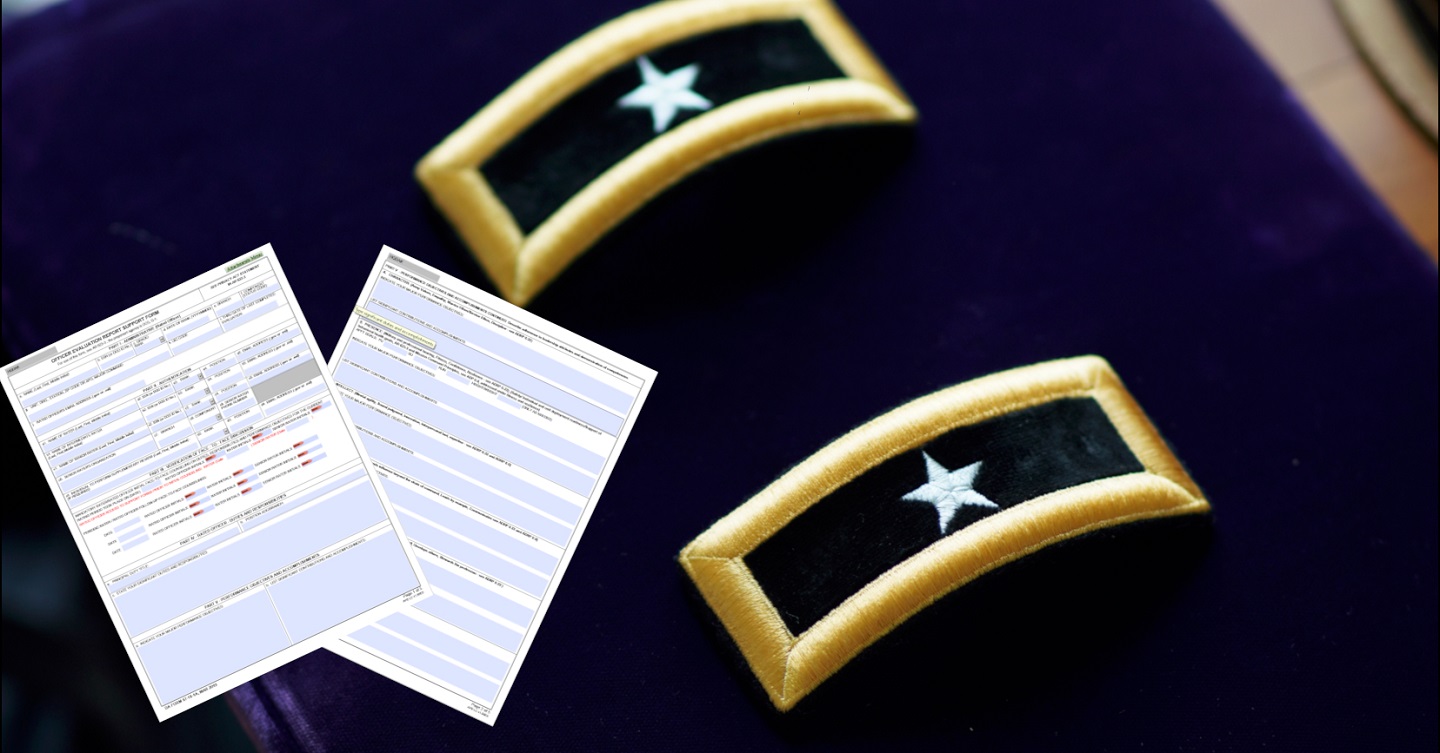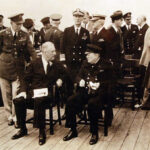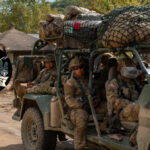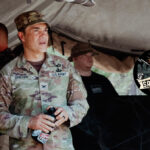
In April 2020 we published an article that argued for the removal of the official photo from the Army’s promotion and selection process. The goal was to eliminate a source of bias from the process and the Army took notice and removed the photo requirement. Bonnie “Buffie” Clemente joins podcast editor Ron Granieri in the virtual studio to discuss how the officer evaluation system still has sources of bias that have to be addressed to ensure a true meritocracy. Buffie brings to bear her years of experience with evaluations and promotion boards to identify both conscious and unconscious forms of bias in the system and the way ahead to try and minimize their impact.
I’ve also seen examples throughout my career of a senior rater who had a specific philosophy on who would get the top block on an evaluation and how over time it was so difficult for some people to overcome that person’s personal philosophy that didn’t necessarily align with the Army…
Podcast: Download

Colonel Bonnie Clemente, who goes by Buffy, is an AY21 U.S. Army War College graduate and a 22-year Active-duty Army Adjutant General Corps Officer. Previously, she was the Chief, DA Secretariat, executing the Army’s promotion and selection boards. She has been a Battalion and Brigade S-1 and a G-1.
Ron Granieri is an Associate Professor of History at the U.S. Army War College and the Editor of A BETTER PEACE.
The views expressed in this presentation are those of the speakers and do not necessarily reflect those of the U.S. Army War College, U.S. Army, or Department of Defense.
Photo Description:
Photo Credit:





This post is intended to be a counseling tool, part of a series of discussions between the officer and senior rater. In my experience, The Army must institute an evaluation system that offers promotion boards more information on each candidate’s performance and potential that is independent .
This post is intended to be a counseling tool, part of a series of discussions between the officer and senior rater. In my experience, The Army must institute an evaluation system that offers promotion boards more information on each candidate’s performance and potential that is independent .
You want to remove biases from the officer evaluation and promotion systems? Then I suggest that we remove ALL information about race, gender, and source of commission. No photographs, use first and middle initials only, no full names that would provide information about the soldier’s gender or possibly influential family associations. No source of commission (Military Academy, ROTC, OCS) except perhaps Battlefield Commission for heroism, primarily to eliminate the favoritism associated with graduates of the military academies or “famous” schools like VMI, Texas A&M, The Citadel, etc. Everything in the evaluation and the promotion systems, including the Officer’s Record Brief should be purely objective numbers, e.g., scores on aptitude tests, academic achievement, marksmanship, and physical fitness. Everything used to measure performance that would be used for evaluations and promotions must be purely numeric, measurable, and quantifiable, no subjective comments or rankings allowed. But I sincerely doubt this scoring would be used because then the military couldn’t create the desired selection ratios.
There is no objective evaluation. There are things that can quantified. However, how do you measure agreeableness, curiosity, and grit? Surely those three qualities are more important than PT score, schools attended, or KD time? I can send people to school, improve PT scores, and eventually get someone a KD position. I don’t know how to make them curious.
A headline from a few days ago reads: “Navy’s Personnel Boss Says Getting Rid of Photos in Promotion Boards Hurt Diversity.” Hmmm.
From the standpoint of the National Guard and medical officers in a predominant maneuver command, I feel career bias affects our (Medical branches) evaluation when scaled with maneuver officers of similar rank. From a DoD promotion standpoint, AOCs are judged against their likeness, however, it is tough to compete against another likeness when their career assignments have been amongst their own kind (i.e. Med Det/ MDE BDE, etc. ) rather than in maneuver units (i.e. infantry, scouts, etc.). I have seen outstanding medical officers have stellar years but not make top-grade giving way to maneuver officers receiving the high marks with less performance. Just food for thought in future ways to help decrease bias. Thank you.